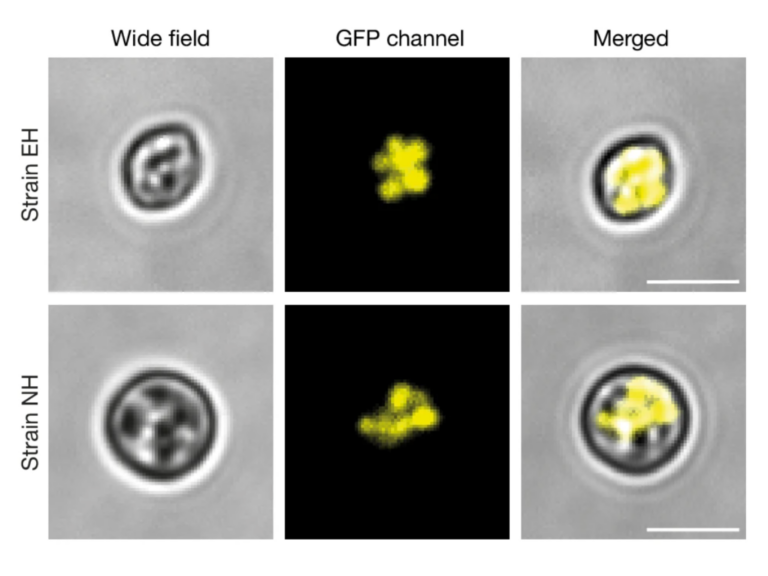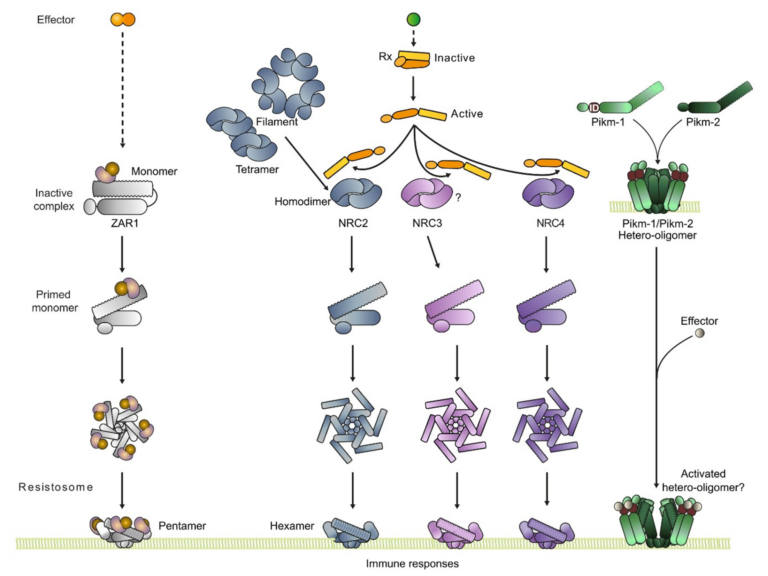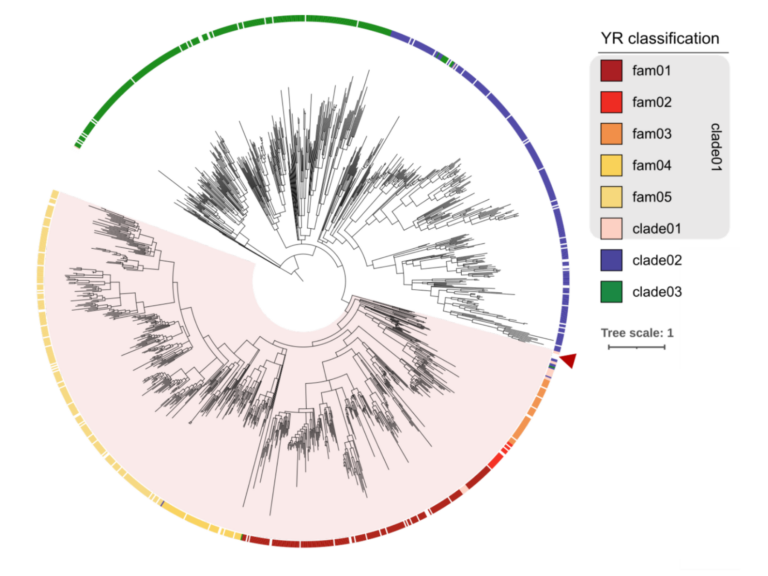Chitin soil amendment triggers systemic plant disease resistance through enhanced pattern-triggered immunity
Chitin triggers localised and systemic plant immune responses, making it a promising treatment for sustainable disease resistance. However, the precise molecular mechanisms underlying chitin-induced systemic effects in plants remain unknown. In this study, we investigated the effects of soil amendment with crab chitin flakes (hereafter chitin) on pattern-triggered immunity (PTI) and systemic disease resistance in various plant species. We found that soil amendment with chitin potentiates PTI and disease resistance against the bacterial pathogen Pseudomonas syringae pv. tomato DC3000 in lettuce, tomato, and Arabidopsis as well as against the fungal pathogen Blumeria graminis causing powdery mildew in wheat. Using micrografting in Arabidopsis, we demonstrated that this systemic effect is dependent on active chitin perception in the roots. We also showed that induced systemic resistance (ISR) and pattern-recognition receptors (PRRs)/co-receptors, but not systemic acquired resistance (SAR), are involved in the systemic effects triggered by chitin soil amendment. This systemic effect correlated with the transcriptional up-regulation of key PTI components in distal leaves upon chitin soil amendment. Notably, chitin-triggered systemic immunity was independent of microbes present in soil or chitin flakes. Together, these findings contribute to a better understanding of chitin-triggered systemic immunity, from active chitin perception in roots to the potentiation of PTI in the leaves, ultimately priming plants to mount enhanced defense responses against pathogen attacks. Our study provides valuable insights into the molecular mechanisms of chitin soil amendment and resulting induced immunity, and highlights its potential use for sustainable crop protection strategies.


